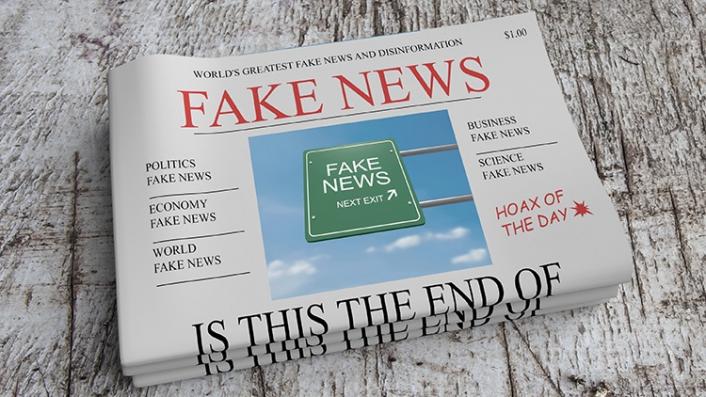Have you noticed if your students rely on alt-right internet sites as credible sources for their research papers?
In a survey of 200 teachers, Jennifer Rich (Rowan University) found that 60% of middle and high school students turn to alt-right websites as sources for information.
The alt-right sites most commonly reported by teachers include National Policy Institute, Radix Journal, American Renaissance, Taki’s Magazine and Voat.
Teachers added that "students find the information on these sites appealing but are unable to differentiate between fact and fiction."
Findings like this are not surprising given information consumers' inability to discern fake news--but it is an educational concern. It is one thing personally to own a liberal, conservative or other position, it's another to believe anything one reads as an objective fact.
The article is worth reading because it raises the question, "what should teachers do about it?" Should they avoid uncomfortable discussions or meet them head on?
In a survey of 200 teachers, Jennifer Rich (Rowan University) found that 60% of middle and high school students turn to alt-right websites as sources for information.
"The students are using alt-right sites to write papers on topics that range from free speech and the Second Amendment to citizenship, immigration and the Holocaust." source: http://www.racismreview.com/blog/tag/information-literacy/
The alt-right sites most commonly reported by teachers include National Policy Institute, Radix Journal, American Renaissance, Taki’s Magazine and Voat.
Teachers added that "students find the information on these sites appealing but are unable to differentiate between fact and fiction."
Findings like this are not surprising given information consumers' inability to discern fake news--but it is an educational concern. It is one thing personally to own a liberal, conservative or other position, it's another to believe anything one reads as an objective fact.
The article is worth reading because it raises the question, "what should teachers do about it?" Should they avoid uncomfortable discussions or meet them head on?
"It is reasonable to expect heated student disagreement.... This, then, opens up space to teach students how to engage in respectful and difficult conversations with one another."Providing readings on two or more sides of an issue, then discussing them, is highly recommended. For more, read the article.



















